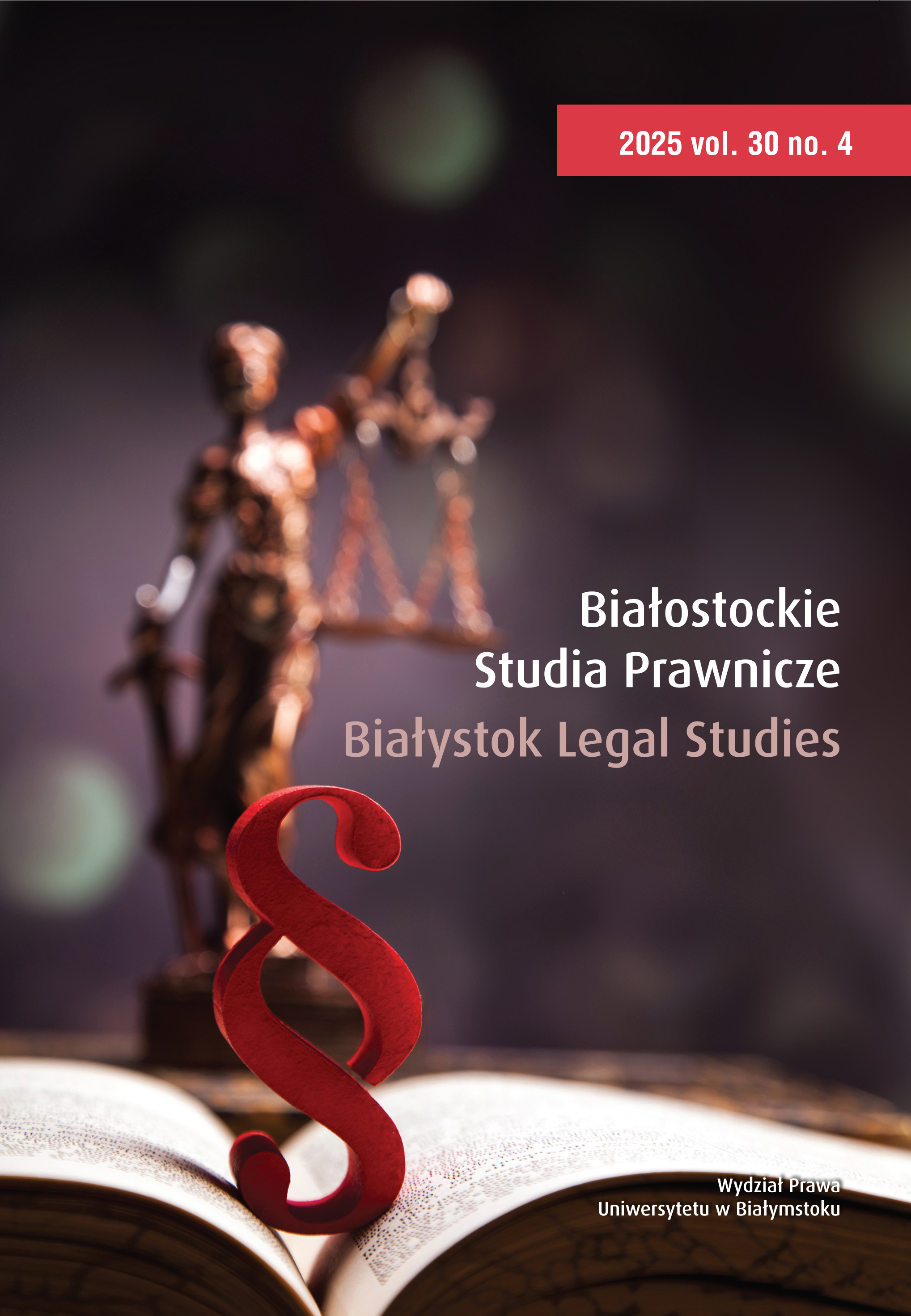Unseen Influence: Computational Propaganda, Free Elections, and the Reluctance to Seek Judicial Remedies in Poland. Evidence from AI-Assisted Case Law Analysis
Аннотация
The Polish electoral system adheres to the principle of free and fair elections. This principle has a defined content, and its backbone remains access to truthful information and the free shaping of opinions about a candidate or an issue put to a referendum. However, the enormous increase in computational power and the associated development of artificial intelligence have caused electoral competition to become highly aggressive; it no longer avoids false information, messages appealing to negative emotions, or calls for violence. Very Large Online Platforms’ predictable abdication of their role as moderators of public debate leads to the question: How can or should public authorities protect integrity and freedom of participation from abuse in the era of digital constitutionalism? Should we rely on a litigation system where the initiative comes solely from the participant in the electoral process, or should we also include the regulatory power of the electoral administration? What picture of electoral campaigns is provided by Polish jurisprudence concerning electoral disputesБиблиографические ссылки
Bernaczyk, M. (2020). Polski kodeks wyborczy wobec manipulacji i innych form propagandy obliczeniowej. In M. Bernaczyk, T. Gąsior, J. Misiuna, & M. Serowaniec (Eds.), Znaczenie nowych technologii dla jakości systemu politycznego: ujęcie politologiczne, prawne i socjologiczne (pp. 83–87). Uniwersytet Mikołaja Kopernika w Toruniu Wydawnictwo Naukowe.
de Gregorio, G. (2022). Digital constitutionalism in Europe: Reframing rights and powers in the algorithmic society. Cambridge University Press.
European Parliament and European Council. (1995, 24 October.) Directive 95/46/EC on the Protection of Individuals with Regard to the Processing of Personal Data and on the Free Movement of Such Data (O. J. L 281, 23.11.1995).
European Parliament and European Council. (2022, 19 October) Regulation (EU) 2022/2065 on a Single Market for Digital Services and Amending Directive 2000/31/EC (Digital Services Act) (O. J. L 277).
European Parliament and European Council. (2024, 13 March). Regulation (EU) 2024/900 on the Transparency and Targeting of Political Advertising (O. J. L 2024/900, 20.03.2024).
European Union. (2000). Charter of Fundamental Rights of the European Union of 7 December 2000 (O. J. C 202, 2016).
European Union. (2007, 13 December). The Treaty of Lisbon amending the Treaty on European Union and the Treaty Establishing the European Community of 13 December 2007 (O. J. C 306).
Florczak-Wątor, M. (2016). Prawo do sądu jako prawo jednostki i jako gwarancja horyzontalnego działania praw i wolności. Przegląd Prawa Konstytucyjnego, 3, 47–66.
Foer, F. (2017, 19 September), Facebook’s war on free will. The Guardian. https://www.theguardian.com/technology/2017/sep/19/facebooks-war-on-free-will
Gąsior, T. (2015). Kontrola finansowania komitetów Wyborczych. Zagadnienia administracyjnoprawne, Wydawnictwo Sejmowe, Warszawa, 2015.
Jabłonowska, A. (2024). Commentary on Article 39 of the Digital Services Act (Regulation (EU) 2022/2065 of the European Parliament and of the Council. In M. Grochowski (Ed.), Rynek Cyfrowy. Komentarz (pp. 358–363). Wydawnictwo C.H. Beck, Warszawa.
Judgment of the Court of Justice of the European Union of 13 May 2014 on the case of Google Spain SL, Google Inc. v. Agencia Española de Protección de Datos (AEPD), M. C. González, C 131/12.
Judgment of the European Court of Human Rights of 14 October 2021 on the case of Staniszewski v. Poland, application no. 20422/15.
Judgment of the Polish Constitutional Tribunal of 3 November 2006, K 31/06, OTK-A 2006, no. 10, item 1.
Judgment of the Polish Constitutional Tribunal of 21 July 2008, K 7/09, OTK-A 2009, no. 7, item 113.
Judgment of the Polish Supreme Court of 6 August 2020, case no. III CZP 78/19. https://www.sn.pl/sites/orzecznictwo/OrzeczeniaHTML/iii%20czp%2078–19.docx.html
Judgment of the Romanian Constitutional Court of 6 December 2024, no. 32.
Kaczmarek-Templin, B. (2014). Odpowiedzialność administratora portalu. In M. Małek, K. Serafin, & E. Mazurek (Eds.), Etyka i technika. Społeczne i etyczne aspekty działalności inżynierskiej (pp. 119–126). Studium Nauk Humanistycznych i Społecznych Politechniki Wrocławskiej, Wrocław.
Łakomiec, K. (2024). Commentary on Article 50 of the Digital Services Act (Regulation (EU) 2022/2065 of the European Parliament and of the Council. In M. Grochowski (Ed.), Rynek Cyfrowy. Komentarz (pp. 421–424). Wydawnictwo C.H. Beck, Warszawa.
Office for Democratic Institutions and Human Rights. (2020, 23 September). Republic of Poland: Presidential election, 28 June and 12 July 2020. ODIHR Special election assessment mission final report. https://www.osce.org/files/f/documents/6/2/464601.pdf
Państwowa Komisja Wyborcza. (2018). National Electoral Committee’s position on the rules for conducting and financing an electoral campaign on the internet of 26 September 2018 (ZKF-811–850/18), op. https://pkw.gov.pl/uploaded_files/1537988216_1–50-18.pdf
Pązik, A. (2022). Ślepy pozew i krótkowzroczny ustawodawca’: uwagi na marginesie projektu ustawy o wolności słowa w Internecie. In B. Fischer, A. Pązik, & M. Świerczyński (Eds.), Prawo sztucznej inteligencji i nowych technologii (pp. 367–397). Wolters Kluwer.
Piesiewicz, P., & Piaskowska, O. (2020). Ustalenie danych osobowych sprawcy naruszenia dóbr osobistych w Internecie celem dochodzenia ich ochrony w postępowaniu cywilnym. Zeszyty Naukowe Katolickiego Uniwersytetu Lubelskiego Jana Pawła II, 61(2), 277–289. https://doi.org/10.31743/zn.2018.61.2.277–289.
Sejm of Poland. (2018). Act of 11 January 2018 Amending Certain Acts in Order to Increase Citizens’ Participation in the Process of Election, Functioning and Control of Certain Public Bodies (Journal of Laws of 2018, item 130).
Sejm of Poland. (2024). Parliamentary Bill no. 728 Amending the Code of Civil Procedure Act and Certain Other Laws.
Sky News. (2019, 25 June), Sir Nick Clegg: Facebook welcomes government regulation. https://news.sky.com/story/sir-nick-clegg-link-between-social-media-and-mental-health-problems-notproven-11748174
Urofsky, M. I. (2020). The campaign finance cases: Buckley, McConnell, Citizens United and McCutcheon. University Press of Kansas.
Woolley, S. C., & Howard, P. N. (2016). Political communication, computational propaganda, and autonomous agents. International Journal of Communication, 10, 4886.
Wybrańczyk, D. (2023). Propozycja wprowadzenia do procedury cywilnej tzw. ślepych pozwów. Zeszyty Prawnicze Biura Analiz Sejmowych Kancelarii Sejmu, 1, 159–173.
Zalewski, M., & Zdanowicz, U. (2025). Realność ochrony dóbr osobistych naruszonych za pośrednictwem internetu a konstytucyjna gwarancja prawa do sądu. Palestra, 1, 176–191.



